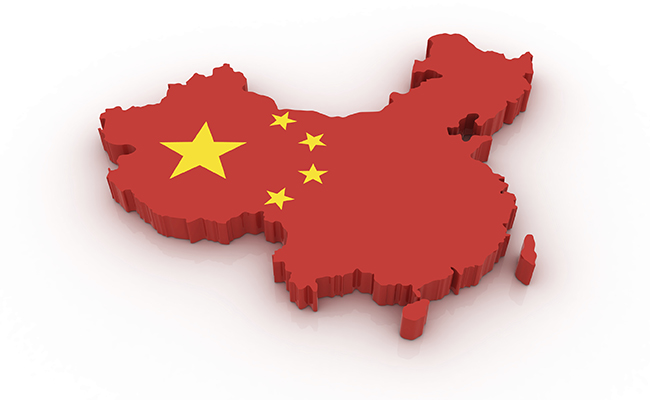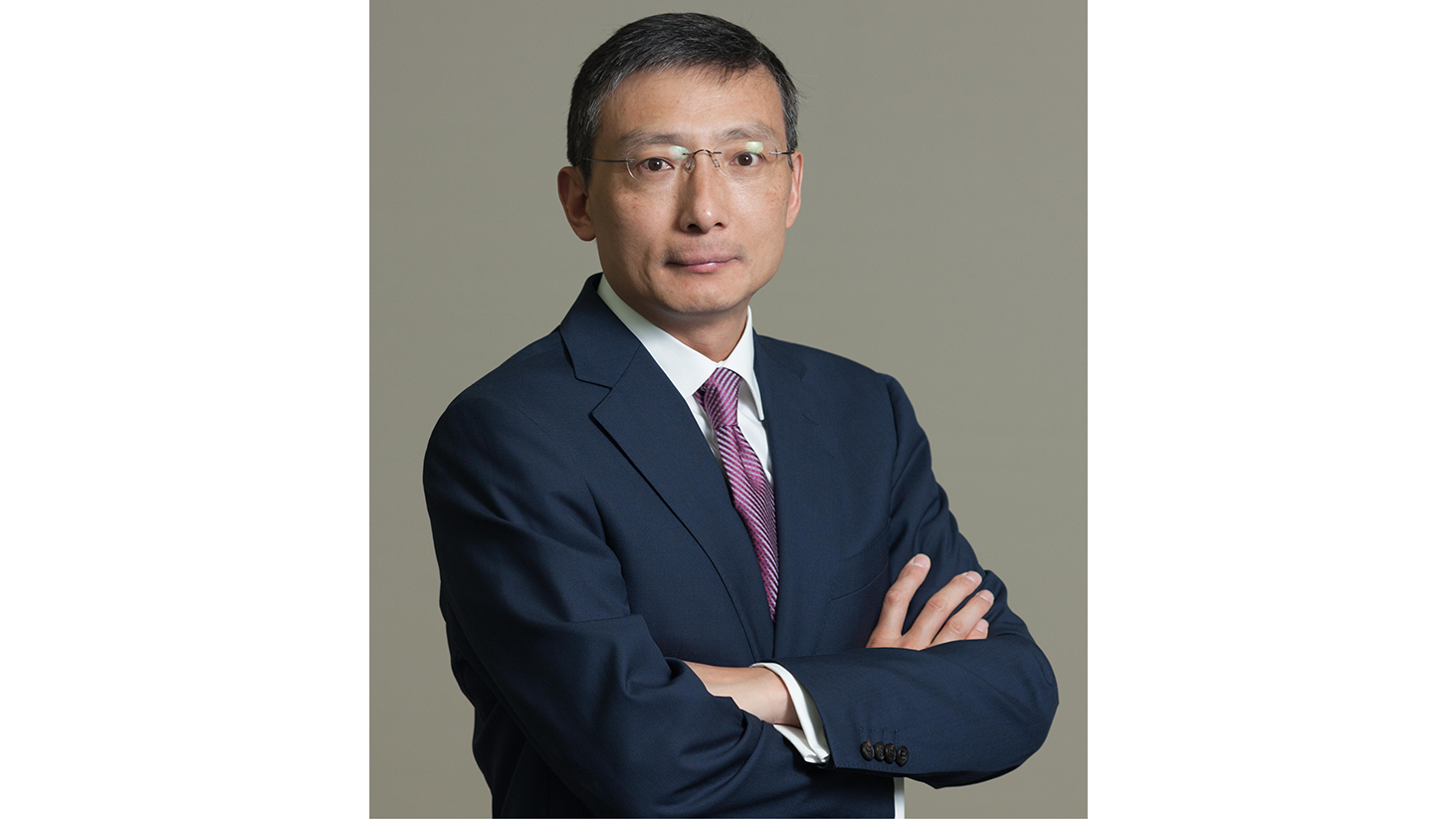The week that was: State-owned automaker Dongfeng Motor Corporation invests in ailing French company PSA Peugeot Citroen; Xiaomi enters the Singapore market with a splash; and Tencent acquires a 20% stake in Dianping.com.
Dongfeng ties up with Peugeot
Chinese automaker Dongfeng (which means “east wind”) is spending $1.1 billion to buy a 14% stake of the troubled French partner PSA Peugeot Citroen, Reuters reported on Tuesday.
The investment is part of a $4.1 billion fundraising effort to bring PSA back from the brink. The French government will also chime in with $1.1 billion; and the Peugeot family’s 25% shares and 38% voting rights will be diluted to match those of the government’s and Dongfeng. Sources also told Reuters that PSA would be sharing some of its energy-saving technologies with Dongfeng.
The state-owned Dongfeng is the second-largest carmaker in the mainland, and one of the two local partners of PSA in China, as foreign auto companies are required by Chinese laws to form such joint ventures. According to the Chinese media, despite a decrease in sales in western markets, PSA actually grew 26% in China, selling more than 550,000 cars in 2013.
Tencent invests in China’s Yelp
WeChat users will soon be able to find what restaurants their friends recommend and then group-buy lunch at a discount there, thanks to a newly announced partnership between Tencent and Dianping.com, a popular business review website.
On Wednesday, the largest tech company in Asia announced a $400 million investment in Dianping.com, acquiring a 20% stake in the Shanghai-based firm, which Tencent said would continue to operate independently under the current CEO Zhang Tao.
Tencent plans to intergrade Dianping.com’s reviewing and group-buying services with its apps like WeChat and QQ, inside which users can already pay online for a variety of products and services. This move could also help promote Tencent’s online financing service, which kicked off earlier this year, by luring more users to park their money in its electronic wallet TenPay.
On a different note, Bloomberg Businessweek on Wednesday reported that Tencent intended to acquire JD.com, China’s second-largest e-commerce company. Both parties have denied to comment, but if they did manage to form alliance to some extent, they would pose an unprecedented challenge to Alibaba, whose Tmall and Taobao websites still dominate China’s online shopping business.
Will Fosun buy Forbes?
Another big rumor this week—media group Forbes Media LLC, which had hired Deutsche Bank to help them find a buyer, is close to a $250 million deal with Fosun International, a Chinese conglomerate that few average Joes have ever heard of.
The story came out a couple of days ago on TheStreet.com, a business and financial news website, and was then picked up by their media outlets, including CNN’s Fortune. No party has confirmed the rumor yet.
Fosun, FYI, is one of China’s largest private firms. It has interests in real estate, pharmaceuticals, private equity, insurance and iron ore mining, among other things. In 2012, the Hong Kong-listed group logged $618 million in profits.
The group’s executives have publicly announced their intention to follow the path of legendary investor Warren Buffett by expanding into industries like insurance and the media. Fosun has already made some moves globally—in 2011 it bought Greek fashion label Folli Follie, in 2013 it bought a major stake in leisure resorts chain Club Med, and some months back it bought One Chase Manhattan Plaza, an iconic New York landmark, from J.P. Morgan. Fosun already has the license from Forbes to print the Chinese language edition of the magazine in China.
Hearsay as it is now, the news is more trustworthy than Chinese millionaire Chen Guangbiao’s self-directed plot to buy The New York Times.
PBOC tightens money supply
By issuing 14-day bond repurchase agreements, or repos, the People’s Bank of China (PBOC) has withdrawn $7.9 billion from the money market, the Financial Times reported.
This is the first time that China’s central bank has reduced liquidity from the financial market since last June, when a “cash crunch” struck Chinese banks. There was a similar scenario in December, pushing up the inter-bank lending rate once again. The Financial Times reported that the rate fell below 4% on Monday, a level that authorities called “excessively low”.
Analysts believe that the PBOC’s move this week signals the government’s intent to contain the lending growth and curb risks induced by shadow banking practices.
Another policy has been introduced this week to rein in liquidity risks of commercial banks and this one aims at a longer term—China Banking Regulatory Commission announced on Tuesday that banks with assets bigger than RMB 200 billion would have to raise their Liquidity Coverage Ratios (LCR) to 100% by 2018.
LCR is the proportion of highly liquid assets banks must hold compared to their projected 30-day cash outflow. The goal is to make sure that banks can fulfill their short-term obligations. The target is set to 60% for 2014 and will raise by 10% every year over the next four years.
Xiaomi to launch in Singapore
One of China’s most popular phone brands, Xiaomi will be available this week to consumers in Singapore. Xiaomi has decidedly global ambitions and Singapore is its first stop outside the Greater China region.
The first model Xiaomi will sell there is the Redmi, which costs only $134; the flagship model Mi3 will come soon on March 7th, at the price of $332. Both models sell for roughly the same in China.
Xiaomi also announced that it would open a service center in a shopping mall in the city. Hugo Barra, former Googler and now VP in charge of Xiaomi’s global expansion, said to the media that Xiaomi might set up a retail store as well (currently all Xiaomi phones are sold online). Barra has also reportedly said that in a couple of months Xiaomi’s would enter Malaysia and eventually it will tap into all countries in South East Asia.
For Chinese phone companies, the importance of grabbing market share overseas is probably growing—earlier this month, CNN reported that the Chinese smartphone market is showing signs of cooling down. Fourth quarter shipments declined by 4% compared to the previous three months, the first quarterly slump in two years.

















